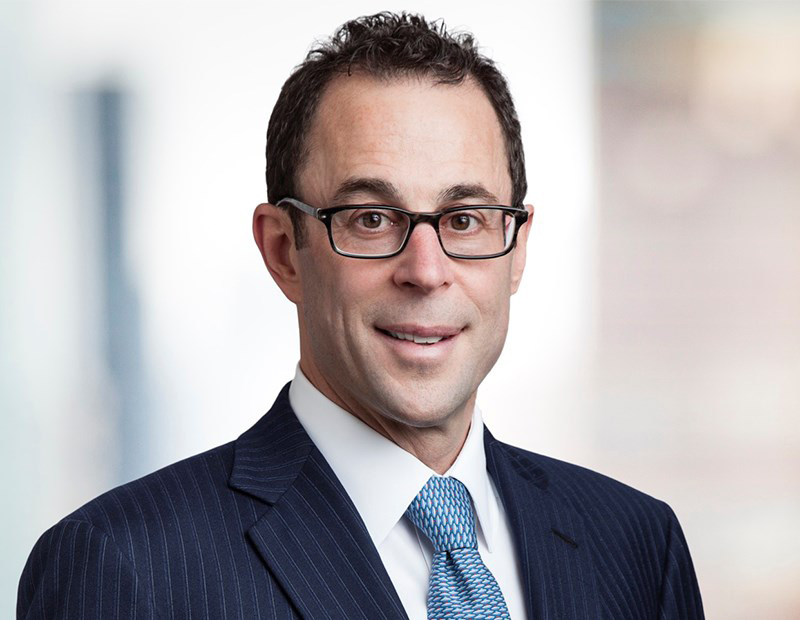Natural Disasters Create Demand Fluctuations, Investor Concerns
Real estate owners, operators and REITs are facing an uncertain outlook for damage repair and changes in demand at their properties, according to BDO Partner Stuart Eisenberg and Managing Director Basil Karampelas.
By Stuart Eisenberg & Basil Karampelas
Coastal states from Texas to Georgia and surrounding tropical islands are reeling following Hurricanes Harvey, Irma and Maria. In the Houston area alone, preliminary reports suggested a half million or more homes may be damaged either temporarily or permanently. Real estate owners, hotel operators and REITs with exposure in the impacted regions are facing an uncertain outlook for damage repair and fluctuations in demand.
REITs and real estate owners in the multifamily, manufactured homes, lodging and hospitality sectors should take heed: while these storms could mean a surge of demand into the market—boosting occupancy rates and prices—they also bring the possibility of property damage and shaky investor sentiment. In the days leading up to Hurricane Irma’s arrival, the NAREIT Equity Lodging/Reports index fell 2.3 percent.
Preparing for disasters
Natural disasters are cited nearly unanimously (98 percent) by publicly-traded REITs as a business concern, according to BDO’s 2017 RiskFactor Report for REITs. When the threat of natural disaster looms, insurance is always top of mind. Whether it’s a small flood or a Category 5 hurricane, property and equipment insurance can minimize the impact to property operations and help put investors and operators’ minds at ease.
REITs and real estate owners that haven’t developed contingency plans, or are noticing gaps in their path forward, should consider incorporating several best practices to make sure they’re prepared when disaster strikes:
- Communicate with employees. Following the activation of an emergency preparedness program, it is critical to communicate with third-party property management partners and employees about their well-being, as everyone will be dealing with potentially significant—or even devastating—personal and professional issues.
- Review your insurance policy. Even if a property does not suffer physical damage, REITs may want to have coverage for business interruption losses, such as evacuations that force hotel patrons to cut stays short or cancel inbound travel. Non-physical damage coverage for business interruption losses can also include lack of access to facilities (e.g., road closures), government declarations of emergency, cancellation of events or loss of utilities, among others.
- Maintain contemporaneous documentation. In the aftermath of a disaster, as businesses try to rebuild and recover, keeping detailed records is essential. Maintaining careful documentation of the physical and financial damage resulting from the natural disasters is critical to expedite casualty and business interruption claims.
For hotels, recording guest cancellations, extended airline cancellations or email traffic around current market conditions are all important developments to note in insurance claims.
- Get the right team on your side. A major property claim can take several months to resolve, and the complexity of the issues that may arise requires external experts to look out for a business’s interests while management focuses on what is important—rebuilding and recovering.
- Establish milestones for claim recovery. Following a major catastrophe, resources are often stretched thin. It is important to create milestones and hold all members—from the adjusting team to internal stakeholders—accountable for achieving those goals.
Players in the real estate industry would be wise to keep these five risk management measures in mind for their properties following these storms, and to prepare for future events that could damage properties. To ensure operational continuity and to be in the best position to reassure investors, it’s worth revisiting your emergency preparedness checklist, including insurance, for peace of mind, before disaster strikes.
Stuart Eisenberg is a partner and national leader of BDO’s Real Estate & Construction practice. He can be reached at seisenberg@bdo.com.
Basil Karampelas is a managing director in BDO’s Restructuring and Turnaround Services practice. He can be reached at bkarampelas@bdo.com.








You must be logged in to post a comment.